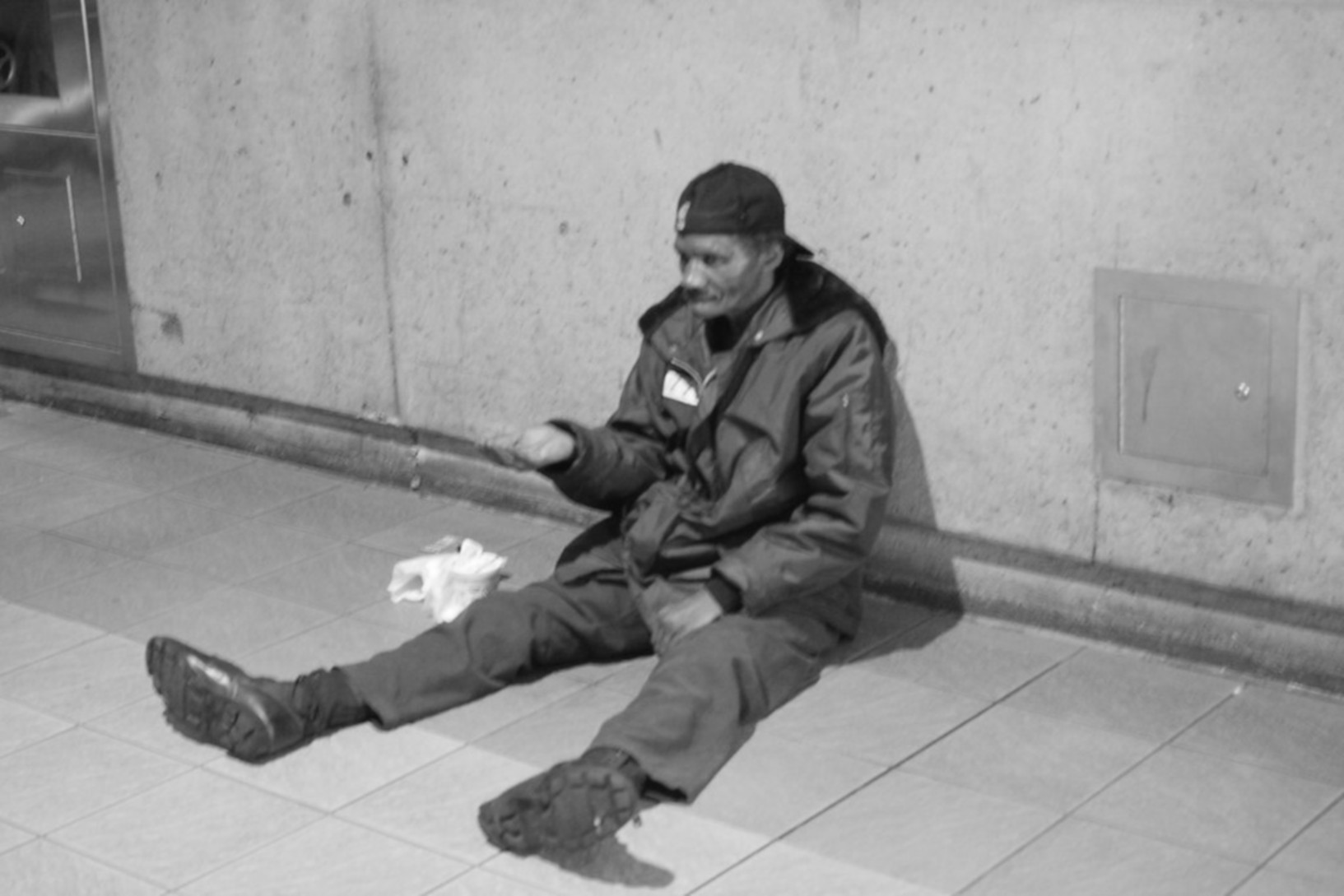The minimum wage was initiated to challenge poverty. Yet, even at $15 per hour, is it more than just a temporary fix? I sat with Larry Sharpe to learn more about his method for decreasing poverty in America: ownership.
Small Business Ownership
Larry said that there is a systemic lack of ownership that’s noticeable in lower-income, Black and Brown communities and among immigrants. Business-minded people come to the United States with a high level of enthusiasm, and visions of a better life than the one they left. People everywhere imagine owning their homes and starting businesses. Yet, our system of governance puts major obstacles in the way of their success.
Here in New York, they are faced with a wall of regulations and occupational licenses for everything you can imagine, from braiding hair at a whopping $20,000 required spend on education and other prerequisites, to its crackdown on unlicensed dog-walkers. Seriously?
How is a person expected to respond to such entrepreneurial spirit-killing over-regulation? Unsurprisingly, Larry says that with limited choices, these impoverished people begin looking at high-risk activities and crime. Those people who turn to crime will prey on their neighbors, where these crimes often go unreported, particularly in immigrant communities where undocumented people fear deportation, or where previously incarcerated individuals don’t want to increase their own risk of recidivism. According to Larry, this endless cycle continues, increasing incentives for human trafficking, the illegal drug trade, protection rackets, and sweatshops.
Larry believes that one approach to reducing poverty in these communities is by creating incentives for business ownership. For example, licensing requirements can be replaced with non-compulsory credentials. A hair-braider can just braid hair if they want to, without a license, or they may take the courses necessary to qualify for credentials in which some people may find value. This is especially true for low-risk jobs that do not involve dangerous activities. In this regard, a hair braider or dog-walker may get to work right away to earn an honest living, and they may also choose to get credentialed after they have the necessary funds in hand. As a result, consumers have more choices and can make rational decisions. They may choose the lower-priced, non-credentialed dog-walker, or they may choose to pay more to the dog walker who took a 12-hour class on animal care.
Home Ownership, and Poverty
According to Larry, wealthy, and often middle-class people are able to give their children an edge with the savings they accumulate through homeownership, but impoverished people have no corresponding equity. This leaves their children in a cycle of dependence and poverty, where money spent is money lost, as is the case with rent, and a community that encourages the use of government programs that are funded by taxpayers.
Larry wants to see these communities thrive. People from every background are eager for homeownership, business ownership, and self-ownership. Yet because of barriers to ownership, people stay on welfare and stay poor.
Larry believes that public housing should have a path to ownership, too. Renting housing to low-income families is a bandaid, even when rental costs are low. Instead, Larry believes that we should give people the chance to purchase their public housing units. Instead of throwing away money on rent every month, people can invest in their property. In addition, when people own their property, they take better care of it. This is a win for society, and for the new homeowner. London already has a similar model for homeownership, where low-income families can have shared ownership in property, without investing the full market rate.
Fixing Families and Prison Reform
Larry Sharpe applies this concept to the idea of taking ownership of your life. This is most apparent in Brown and Black populations, where men are incarcerated at a considerably high rate. These people–predominantly men get convicted for nonviolent crimes like drug-related offenses, resulting in fatherless homes. The other people in these populations who actually have productive lives are incentivized to work for the government, where their lives aren’t self-owned, either.
Larry believes that we can do a lot of good by eliminating the fear among potential employers when it comes to hiring less-skilled, minority, and immigrant employees. Presently, employers may be targeted by the government if they fail at complying with any number of regulations, and so they hire the “safer” employees.
Want to know more? Watch the video, below:

